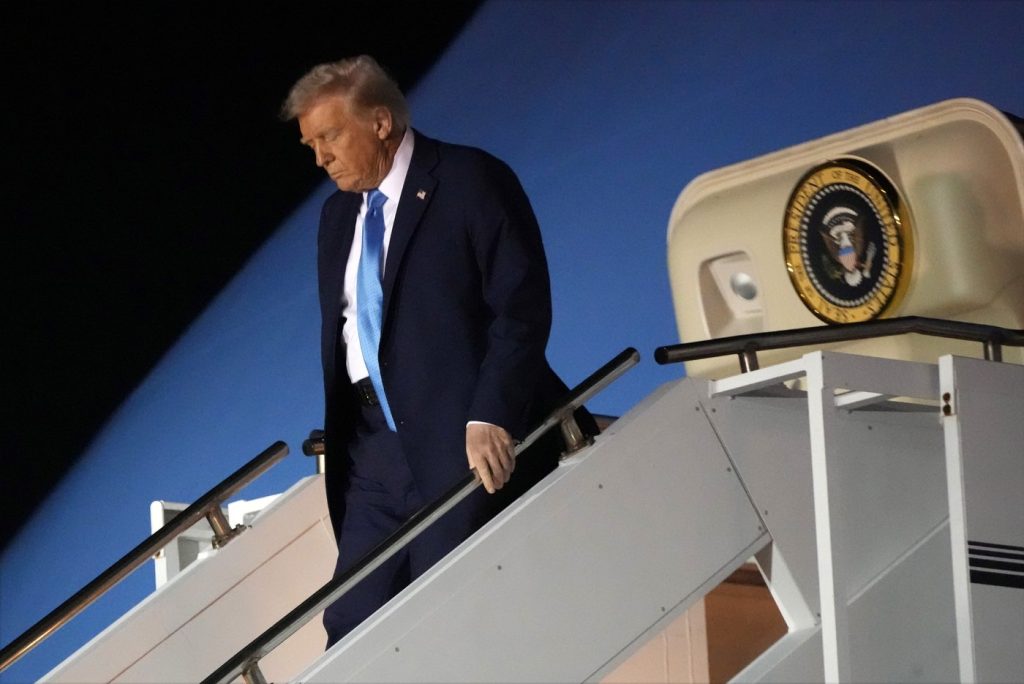On February 1, 2025, U.S. President Donald Trump announced a significant economic move against Canada, imposing a 25 percent tariff on a wide array of Canadian goods, with a lower 10 percent duty specifically targeting energy products. This decision has provoked a strong response from various Canadian political leaders, who are expressing deep concerns about the repercussions of such tariffs on both Canadian and American workers.
Prime Minister Justin Trudeau addressed the situation by appealing directly to the American citizens, warning that the tariffs would adversely affect their jobs and drive up costs for consumers in areas such as food and gas. He emphasized the long-standing friendship between the two nations, recalling historical moments where Canada stood by the U.S. during crises, including natural disasters and acts of terrorism.
Ontario Premier Doug Ford also voiced his thoughts, assuring that President Trump underestimates the resilience and unity of the Canadian people. He pointed out that Canada is not the problem in the trade dispute; rather, he identified the Mexican border and China as the true challenges the U.S. faces.
Manitoba Premier Wab Kinew characterized the tariffs as an "attack on Canada," while British Columbia Premier David Eby condemned the tariffs as a "complete betrayal of the historic bond" shared between Canada and the United States. Alberta Premier Danielle Smith expressed disappointment, stating that the decision threatens the relationship between the two nations and will negatively impact both Canadian and American citizens.
Nova Scotia Premier Tim Houston reflected on the troubling state of affairs, remarking on the strangeness of finding themselves at odds with their closest neighbor. In a similar vein, Liberal leadership candidate Mark Carney emphasized a united stance against the tariffs and stressed the need for Canada to respond strategically while supporting Canadian workers through this difficult period.
Conservative Party Leader Pierre Poilievre condemned Trump's actions as unjust and unjustifiable, highlighting Canada's status as the U.S.'s nearest ally and the shared history that binds the two nations together. NDP Leader Jagmeet Singh raised concerns about job security for Canadians and called for urgent government interventions to assist those affected by the trade war. He emphasized the importance of a strong commitment to buy Canadian products to mitigate the job losses expected from these tariffs.
Furthermore, Unifor National President Lana Payne expressed that this act of hostility should not be forgotten and urged the need for Canada to build a robust and diverse economy to avoid future dependence on the U.S. In a more politically charged statement, U.S. Vice President JD Vance framed Trump's actions as a demonstration of democracy in action against an entrenched bureaucratic system.
The mayor of Sarnia, Mike Bradley, compared the current relations to a marriage that has come to an end, underscoring the gravity of the situation. This sentiment encapsulates the widespread sentiment among Canadian leaders regarding the unexpected and distressing economic challenges posed by this new tariff regime.










